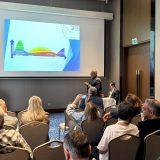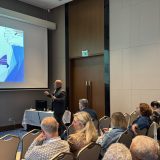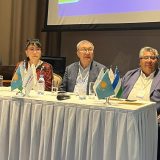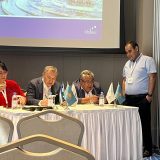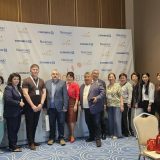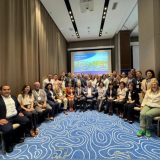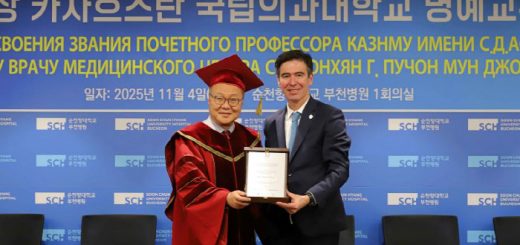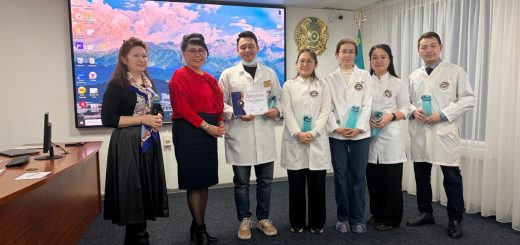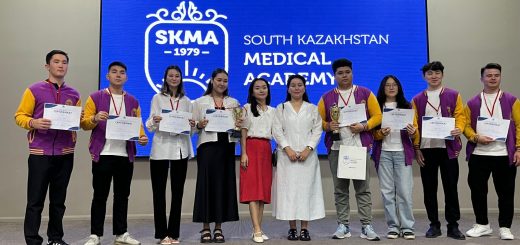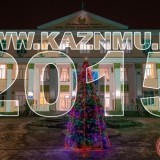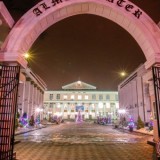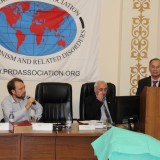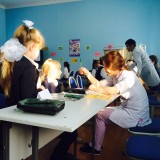International Neurology Summit
May 2–3, 2025, Almaty
The International Neurology Summit, dedicated to innovative methods for the treatment of stroke and Alzheimer’s disease, was held on May 2–3, 2025, in Almaty with the support of the Department of Neurology of Asfendiyarov Kazakh National Medical University (KazNMU) and the Neurologists Association of the Republic of Kazakhstan.
The event gathered around 90 delegates and leading specialists focused on stroke and cognitive impairment from 7 countries—Kazakhstan, Uzbekistan, Turkey, Romania, Azerbaijan, Singapore, and Serbia—and served as an important platform for discussing cutting-edge scientific achievements and promising therapeutic solutions.
The moderators of the summit were recognized leaders in neurology and neurorehabilitation:
- E.S. Nurguzhaev (Almaty, Kazakhstan), President of the Neurologists Association of Kazakhstan, Professor of the Department of Neurology at KazNMU
- E.M. Mirdzhuraev (Tashkent, Uzbekistan), Head of the Department of Neurorehabilitation at Tashkent Institute of Advanced Medical Training
- S.T. Turuspekova (Almaty, Kazakhstan), Head of the Department of Neurology at KazNMU and Chief Neurologist of the Ministry of Health of the Republic of Kazakhstan.
Leading international experts presented the latest results of clinical research and scientific advances for discussion. The presentation by Prof. B.G. Gafurov (Tashkent, Uzbekistan)—Head of the Department of Neurology at TashIUV, Chair of the Neurologists Association of Uzbekistan, and Honored Health Worker of the Republic of Uzbekistan—focused on post-stroke aphasia and new therapeutic options, sparking great interest among the audience. Speech disorders are a common symptom of stroke (15–38%), often leading to persistent disability, hindering rehabilitation, reducing the quality of life for both patients and caregivers, and increasing the emotional and economic burden of treatment.
Differential diagnosis of dementia types and innovative approaches to the treatment of Alzheimer’s disease were presented in a talk by Prof. Dr. Armand Frasineanu (Bucharest, Romania), MD, senior neurologist, clinical practice lead, and mentor to residents at Colentina University Hospital. His lecture sparked lively interest and active discussion, given that dementia is currently the seventh leading cause of death globally and a major cause of disability and dependency among the elderly. Dementia is not exclusive to the elderly—up to 9% of cases have an early onset.
Prof. Yakup Krespi (Istanbul, Turkey), MD, Head of the Department of Neurology at Istinye University, Director of the Stroke and Neurorecovery Center, founder of the Stroke Program at MLP CARE network, and member of the European Board of Neurointervention, dedicated his talk to the highly relevant topic: Post-Stroke Neurorehabilitation: Advances in Therapy. He emphasized stroke outcome biomarkers from the acute phase to long-term recovery, as well as the potential of pharmacological agents.
Dr. Mei-Fen Sung (Singapore/Australia), MD, rehabilitation specialist and member of the Australasian Faculty of Rehabilitation Medicine (AFRM), presented the latest scientific data from experimental and clinical studies on pharmacological support in stroke recovery, highlighting the role of NeuroAiD™II in this pathology.
The experts’ presentations were highly relevant and timely, leaving no one indifferent—especially given the global challenges currently facing the neurological community. According to Dr. Jeyaraj Pandian, President of the World Stroke Organization (WSO), and Sheila Martins, Co-Chair of the Global Stroke Coalition, there are significant gaps in stroke care across all stages of patient treatment worldwide. Each of these gaps represents a tremendous opportunity for progress. That’s why any new insights and innovative approaches to stroke treatment are crucial in reducing the burden of this highly disabling disease.
The Neurology Summit underscored the importance of international scientific exchange and the implementation of innovative solutions in real-world clinical practice.
The summit was held with the informational support of Moleac.



